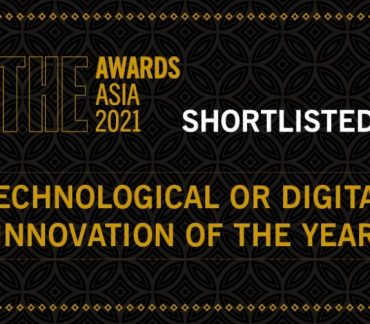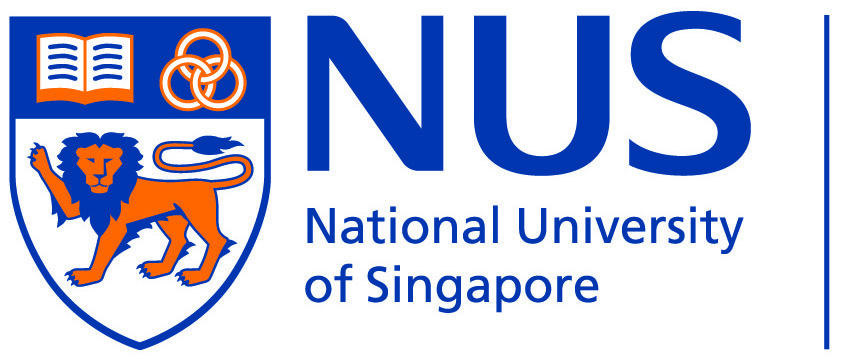An online tool to create forms and automate workflows and tasks across multiple applications and services.
Web Publishing
Creating beautiful websites:
Build and customise every part of your website intuitively with a visual builder. Create flawless websites with custom positions, padding, margins, and global settings for colors & typographies.
eSignature – DocuSign
An electronic signature tool that can support you to obtain approvals and signatures for your contracts and agreements.
Online Collaboration – Miro
Miro is the online collaborative whiteboarding platform that enables distributed teams to work effectively together, from brainstorming with digital sticky notes to planning and managing agile workflows.
We won second place in Microsoft Singapore’s Power Apps Competition!
We are proud to celebrate that NUS IT has achieved second place in Microsoft Singapore’s Power Apps Hackathon Competition!
Cybersecurity Innovation, Trends & Insights Symposium 2021
On the 8th of June, NUS IT was invited to participate in the Cybersecurity Innovation, Trends & Insights Symposium 2021, jointly organised by CSA Singapore, NUS Enterprise and TNB Ventures.

We’ve been shortlisted for THE Awards Asia 2021!
We’ve been shortlisted by Times Higher Education for THE Awards Asia 2021 “Technological or Digital Innovation of the Year” for our work on uNivUS – an integrated platform that caters for essential information and services to unite the NUS community.
» Pushing HPC Beyond Traditional Boundary
Rikky Purbojati, Research Computing, NUS Information Technology, on 28 May 2021
In support of the AI/ML adoption into HPC folds, there needs to be a strategy with agility in mind when deciding any future scientific computing development. AI adoption in our digital economy has been increasing rapidly over the past few years. Starting from the re-emergence of Deep Learning application in the ImageNet challenge, the resulting key technologies and techniques have been embedded in and influenced many aspects of research.
» Data Science for Cybersecurity
Kumar Sambhav, Research Computing, NUS Information Technology, on 28 May 2021
Data science is an extensive field which touches base with so many use cases that makes it difficult to describe its capabilities just by using the term itself. Data science provides important tools to allow us to gain insights into, sometimes humanly unfathomable datasets.
Machine learning allows data scientists to make predictions based on past knowledge. This attribute of machine learning comes in handy when doing analyses for cybersecurity as most of the cybersecurity use cases are based on the need of learning from past patterns or behaviors.
» Using regional climate models to understand hydrological risks from reforestation
Teo Hoong Chen and Prof Koh Lian Pin, Researchers in the Centre for Nature-based Climate Solutions, on 28 May 2021
Reforesting degraded lands is one of the most promising nature-based climate solitions (NCS), with over 850 million hectares of reforestation potential worldwide. Proponents of reforestation point to the importance of forests in intensifying the hydrological cycle, increasing precipitation recycling and water yield. However, studies also show that reforesting drier regions can increase evapotranspiration and reduce the water yield, negatively impacting the local ecosystem and communities.
